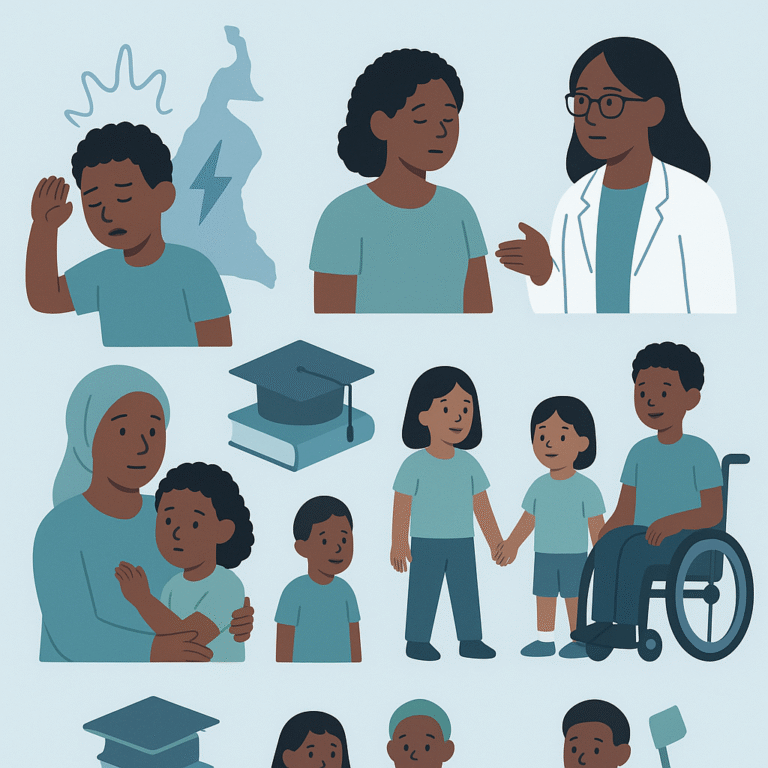New Model Predicts Dementia and Death Risk in Older Veterans
Summary
Researchers studied the long-term risks of dementia and death in older veterans who have experienced traumatic brain injury (TBI). They looked at data from over 113,000 veterans aged 55 and older who received care from the US Department of Veterans Affairs between 2002 and 2019. The study focused on various factors, including age, gender, health conditions, and healthcare usage, to see how these might predict the likelihood of developing dementia or dying within five years after a TBI.
The main findings showed that certain factors significantly increased the risk of dementia and death. For example, older age, being male, and having multiple health issues like diabetes or epilepsy were linked to higher risks. The study found that among those at the lowest risk for dementia, only 3% developed it within five years, while 43% of those at the highest risk did. Similarly, 4% of the lowest-risk group died without dementia, compared to 64% of the highest-risk group.
This research is important because it provides a way to identify older veterans who may be at greater risk for serious health issues after a TBI. However, it's essential to note that this study is observational and based on existing health records, which means it cannot prove cause and effect. More research is needed to see how this information can be used to improve care for these veterans.
Related reading
- New Diazepam Film Offers Hope for Kids with Epilepsy
- Boosting Self-Efficacy Can Improve Life for Kids with Epilepsy
- Neurologists Generate More Revenue Than Nonneurologists After Patient Visits
- Correction on Neurostimulation Study for Epilepsy and Tourette Syndrome
- Vagus Nerve Stimulation May Help Treat Immune Diseases
Free: Seizure First Aid Quick Guide (PDF)
Plus one plain-language weekly digest of new epilepsy research.
Unsubscribe anytime. No medical advice.





